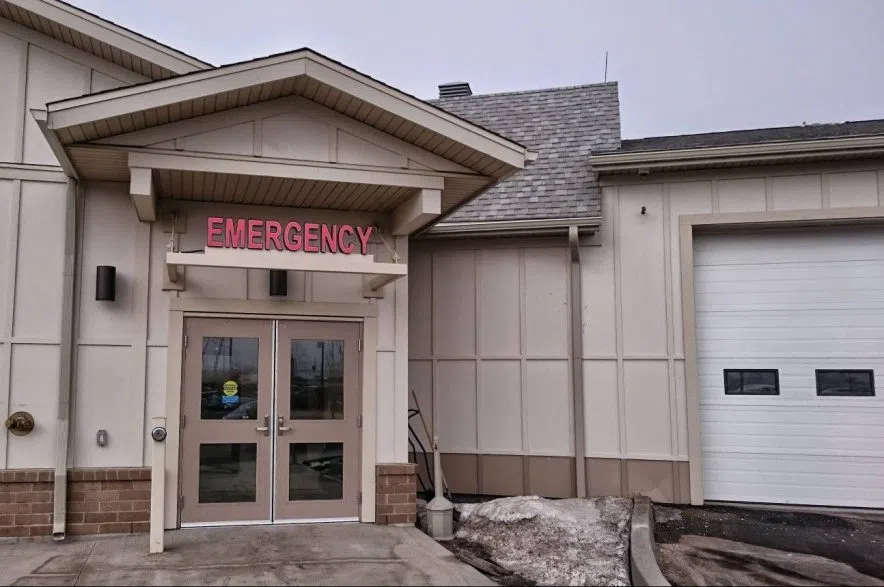Doctors leaving Kipling’s health centre is a situation that brings up familiar feelings for the town’s mayor.
“Losing physicians can become a step toward losing a hospital, which, in turn, can become losing a community,” Mayor Pat Jackson said. “That’s something I would never want to have happen.”
At the end of January, the community about 150 kilometres southeast of Regina, will lose two of its three doctors.
This comes after three doctors left the Kipling Integrated Health Centre in the summertime when their Saskatchewan Physician Practice Assessment contract negotiations were due to be negotiated.
The two doctors had been on the job since August and October. Trent Truscott, director of primary health care services for the area with the Saskatchewan Health Authority, said both doctors were leaving for personal reasons.
“They were actually clear that it wasn’t anything to do with the SHA or Kipling,” said Truscott. “They just changed their minds on what they wanted to do and tendered their resignations independently of each other.”
Read more:
- ‘Dying for doctors’: Report cites concerns with health care in rural Saskatchewan
- Oxbow residents, staff frustrated health centre can’t treat acute-care patients
- ‘Oh my God here we go again’: Tisdale nurse recalls response to bus crash
Jackson said doctors leaving rural health clinic’s is an issue many other municipalities are struggling with.
“Other communities in our area – you get down in the Oxbow, Redvers area – they too are having issues about insufficient doctors, doctors who come stay for a short time,” she said. “Although I think we get the award for the shortest at this point in time, that’s not an award I was ever looking for.”
Jackson said Truscott had told her it could be a long time before it could find replacements, something that is concerning to Jackson because the clinic not only serves Kipling, but the three villages and four RMs surrounding it.
“Getting well trained doctors is difficult,” she said. “Retaining them is even more so.”
In her conversations with Truscott, Jackson said it can be a challenge for doctors new to Canada to adjust to rural living and the weather – and they need to be properly prepared and informed before they arrive to the community.
“Something’s got to change,” she said. “Do I know what it is? Probably not, but I think there’s got to be a lot of work done so that when doctors do come to our communities, we know who is coming, we know what their background is.”
Jackson said the virtual physical program will remain in place, but said communication between the SHA and municipalities needs to improve before retaining doctors can be achieved.
Truscott said he believes that communication between the SHA and the community has been good.
“Could it be better? Always,” he said.
Jackson said she wants to help the situation, but it is a challenge on the municipal level.
“Health care is a provincial responsibility, it is not the responsibility of municipalities,” she said. “Now have we been trying to step up and do a bit extra? Yes. But that doesn’t mean it all can fall on our shoulders. We have neither the resources nor the expertise to be doing it.”
We have reached out to the Ministry of Health for comment.
— with files from 980 CJME’s Nicole Garn











